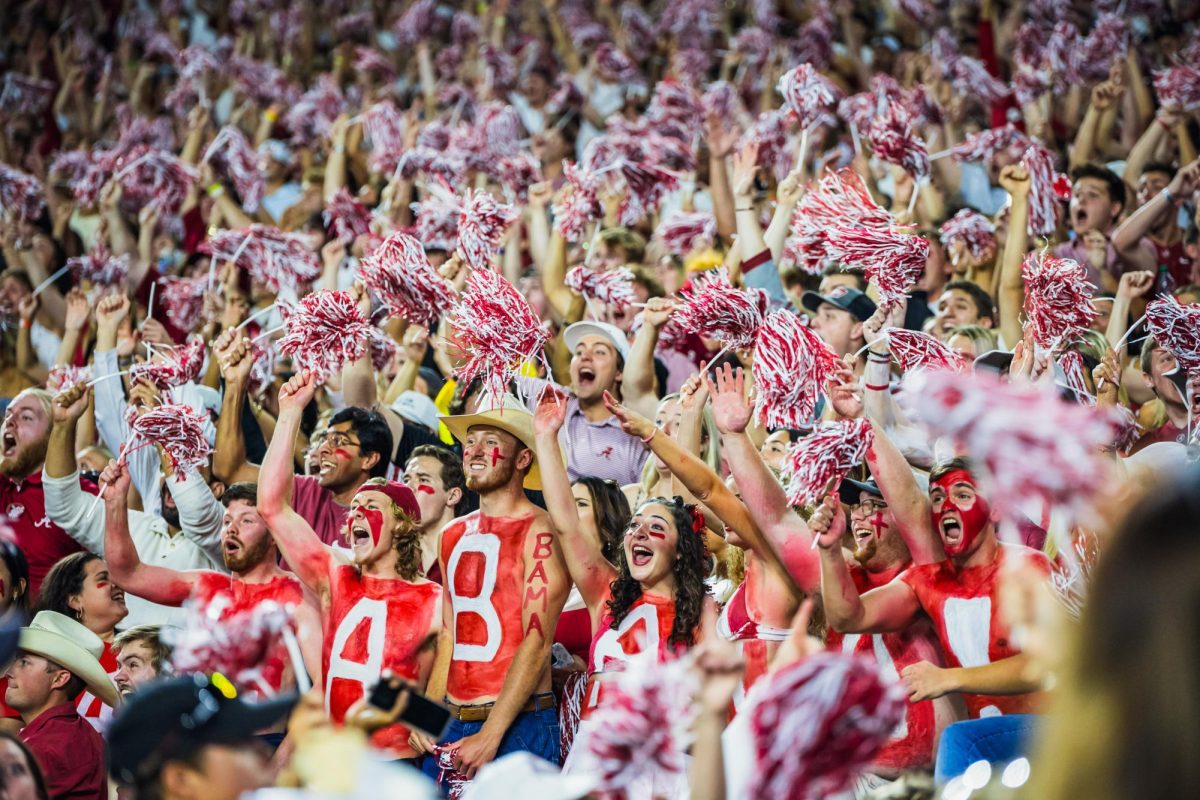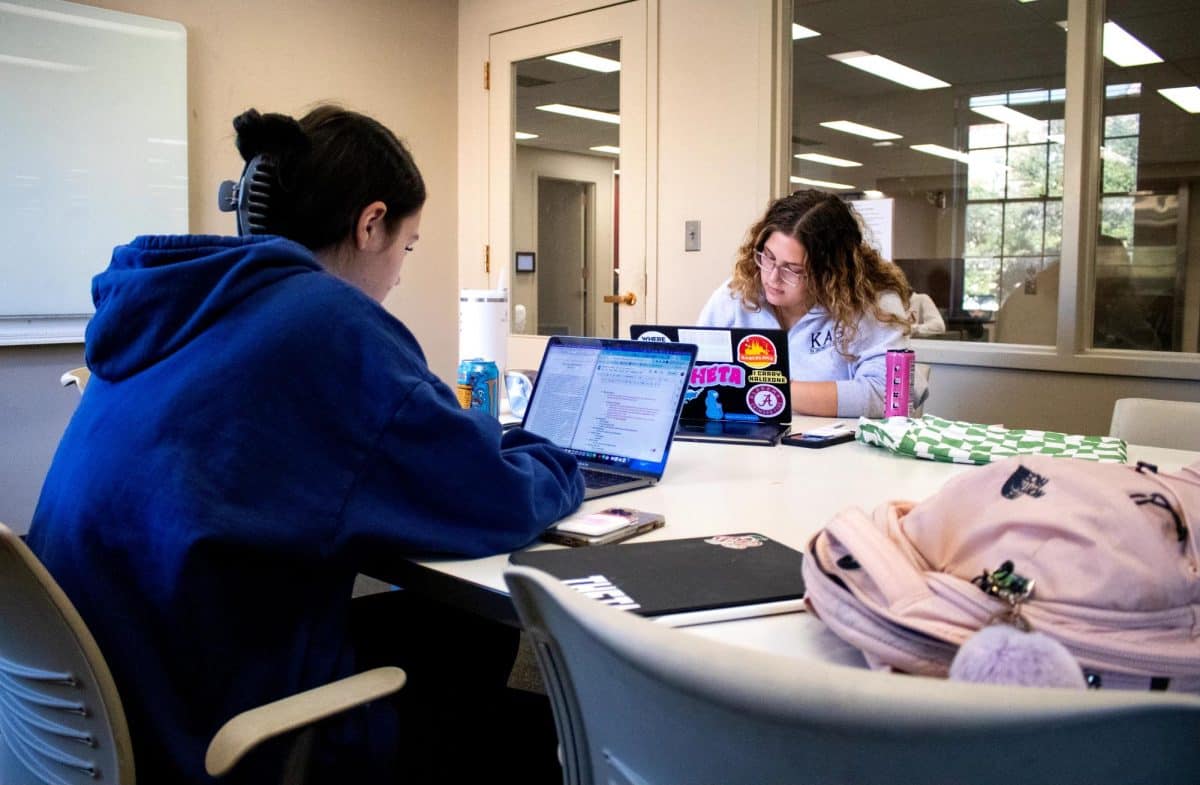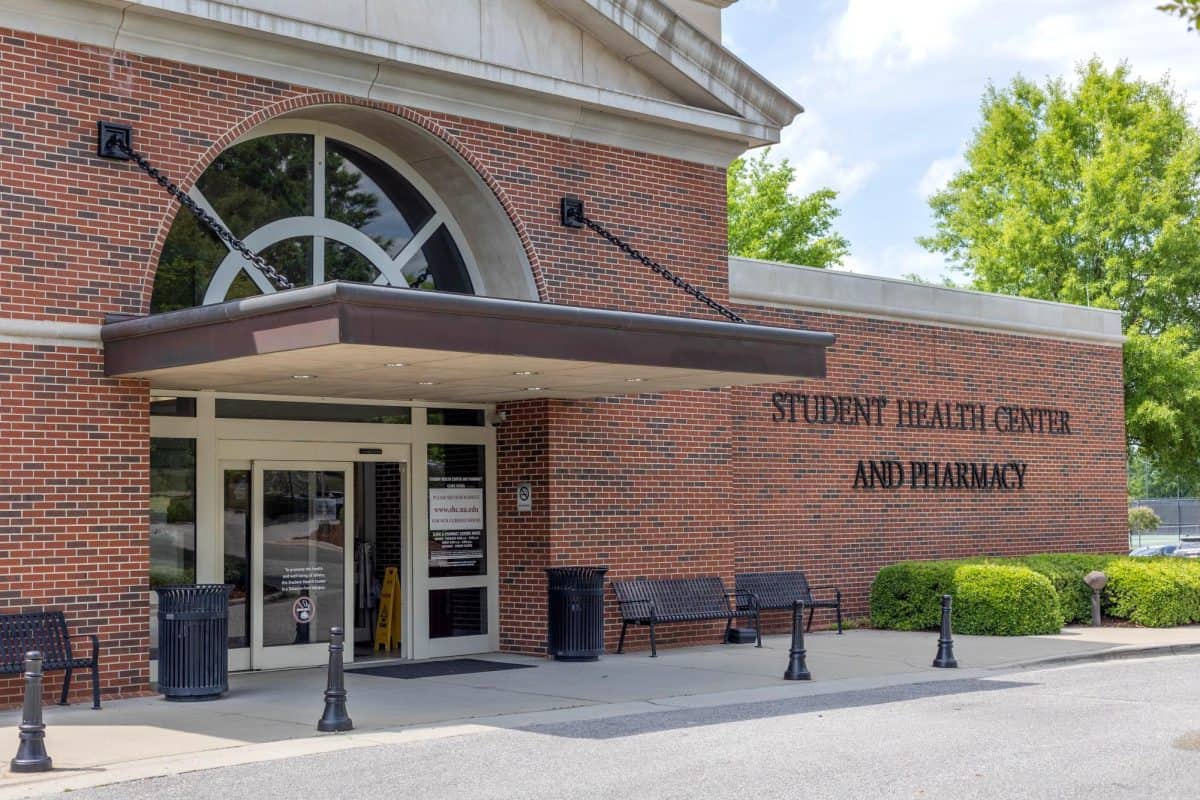I have interacted with enough magnanimous students, professors and community leaders during my time at the University of Alabama to reaffirm my painfully idealistic belief in the amiable spirit of mankind, and I have seen enough of those people fall victim to a wide array of broken systems to question that belief.
We all know great people. Great is often a deplorable adjective, but in this case I’ll make an exception. We all know people great in stature, great in heart, great in size, great in voice, great in mind, etc. Some of them are vocal and compelling campus figures. Some are more reserved, exhibiting greatness in the loyalty they show their friends and in their carefree lifestyle. Greatness on this campus is excessively diversified. And, all too often, cannibalistic.
In three years on campus—I transferred from DePaul University in Chicago—I have come to view some elements of our school as something of a failed microcosm of an equally failed society. That sounds unnecessarily pessimistic, but let me reiterate my unapologetic belief that it is the system that has failed, not the individuals in it. I had the opportunity recently to work with a committee assembled to reform the SGA Constitution. As we poured over the grammatical and spelling travesty that is our constitution, it became apparent that at any given point the SGA has approximately four different versions of the constitution to adhere to—each with its own unique set of errors and amendments. There are few things more patently absurd or chaotic than a governing body that can pick and choose from constitutions.
Members of the committee openly admitted that the SGA, in practice, acts more on precedent than written rule. The University is apparently training our student body to serve in the House of Commons, not Montgomery. Interestingly, both our state and our school are crippled by constitutional crises; our state can’t do anything because of theirs and our SGA can do everything in spite of ours. And yet it is far too easy for people to find reasons not to care.
Because of the wide variety of places on campus and in the state to achieve personal satisfaction—the increasingly fractious ways to attain greatness—it turns our eyes from obstacles that limit our communal greatness. The system won’t change because it is too costly to change it. University administrators are beholden to donors. Students are beholden to University administrators. And each of us is attached to our personal area of greatness. We demonize and will always demonize each other to sustain them. We watch news channels created to reinforce them, create competing student newspapers to propagandize them, wear clothing to represent them, etc. A safe and comfortable paralysis is considerably easier than painful progression.
However, at times, there have been surreal moments of community. In Atlanta and Pasadena, students from every area of campus sat side by side, unlike most of the year, and reveled in shared greatness. We sacrificed our personal satisfactions and for one brief moment it didn’t matter what fraternity we were in, what Premier Award we had won, what our majors were, how much money we had, what city we were from, or whether or not we were on scholarship. Briefly, we ignored our benign self-serving, and high-fived and hugged each other. A tragically gossamer moment subsided as the next week incited a prolonged and divisive conversation about the actions of some UA student leaders, the tightlipped reaction of the UA administrative leaders, and the not-so-subtle divisions on campus.
In 1961, the University of Alabama won its sixth national football championship. In 1963, Dr. John L. Blackburn assembled student leaders to integrate the University in an admirable display of progress. Now that we have won our 13th, where will student and administrative leaders push us?
John Hammontree is a senior majoring in English. He is the student chair of the Blackburn Institute.








